Hong Kong has formally approved China’s Sinovac vaccine for emergency use, the city’s health secretary announced Thursday.
Sophia Chan said in a statement that the vaccine met the “safety, efficacy, and quality requirements specified in Hong Kong emergency situations.”
The first batch of the Chinese-made Sinovac vaccine will arrive in the city on Friday at 5:30 p.m. on a Cathay Pacific cargo flight. It was formally approved despite the lack of endorsement from the World Health Organization (WHO).
The government is now seeking HK$1 billion ($129 million) from the city’s Legislative Council (LegCo) for an indemnity fund as it prepares to distribute the vaccination program citywide early next month. Chan submitted the proposal to the council on Wednesday.
The first batch of the Pfizer and BioNTech COVID-19 vaccine is expected to arrive in Hong Kong by the end of the month.
The formal approval comes a day after a Hong Kong government advisory panel on COVID-19 vaccines said it would recommend China’s Sinovac vaccine for emergency use, saying that the benefits outweighed the risks.
Hong Kong’s government said in early February that it was exempting Chinese drug maker Sinovac from publishing results of its third phase clinical trials in medical journals due to the “urgency” for vaccination.
The Pfizer vaccine—the first approved by Hong Kong’s health department—was required to have published results in a medical journal before being examined by the advisory panel.
Other rival vaccines such as jabs from Moderna and AstraZeneca have also submitted their third phase clinical trial data to medical journals for peer review.
The panel said that according to data from Sinovac, the Chinese-made vaccine showed an efficacy rate of 62.3 percent when two doses are administered 28 days apart—a significantly lower efficacy rate compared to rival vaccines. BioNTech has confirmed a 95 percent efficacy rate when two shots are administered. The WHO has a 50 percent threshold for regulatory approval.
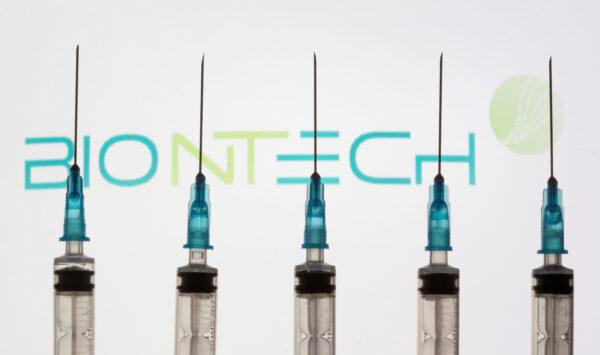
“The data that we have looked at appeared to show that this vaccine is efficacious,” the advisory panel convener Wallace Lau said on Wednesday.
The news comes at a time when public confidence in the safety and efficacy of China’s COVID-19 vaccines—both in and outside China—appears mixed. Its COVID-19 vaccines are being aggressively promoted to foreign countries by the Chinese Communist Party (CCP).
China scored second-to-last, at minus-19 on average. The negative score means people were more likely to feel worried than reassured by a vaccine coming from there.
Chinese citizens also showed low confidence in China-made vaccines.
Roughly 21 percent (24,000) said they were willing.
The Hong Kong government is expected to release additional information of the city’s vaccination scheme on Thursday.
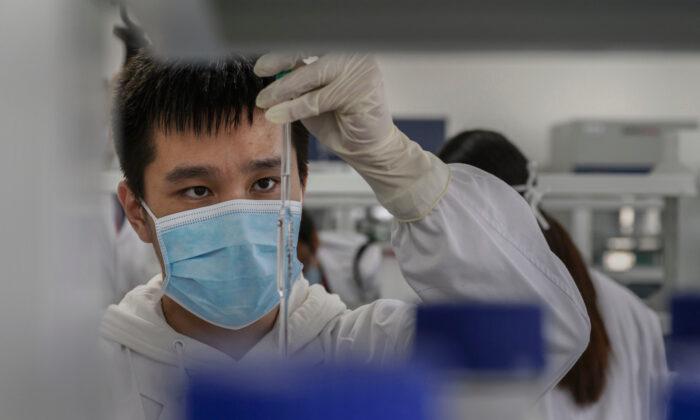

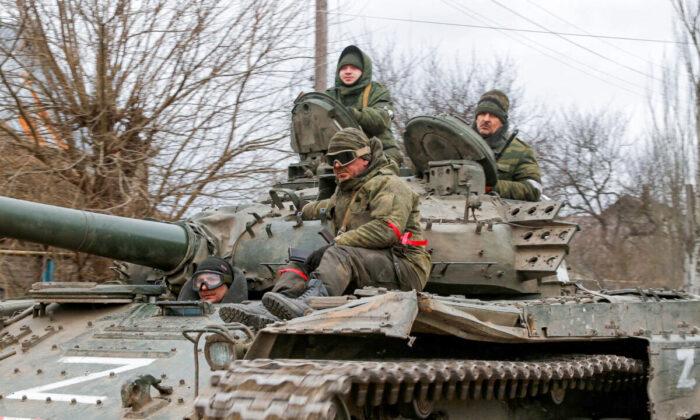
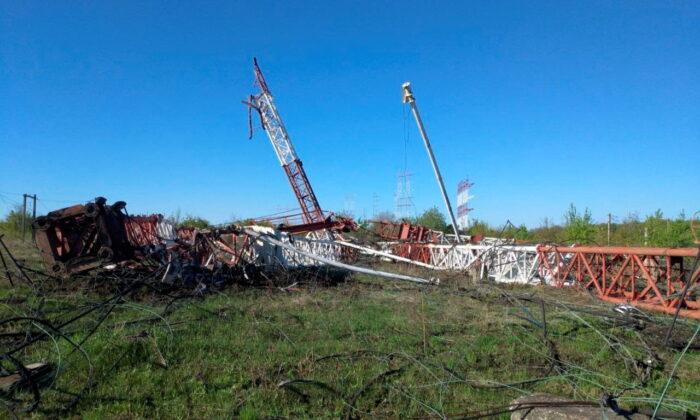
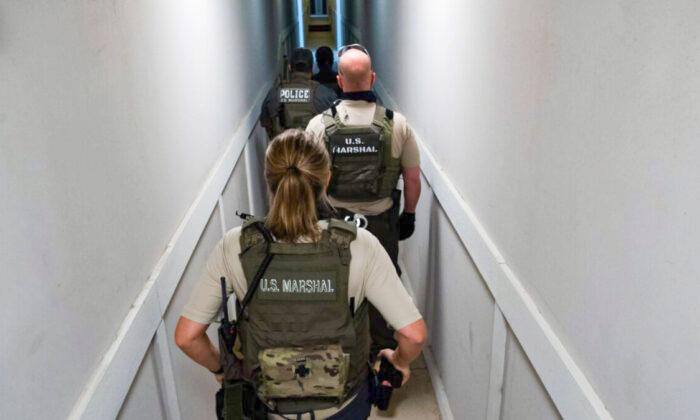
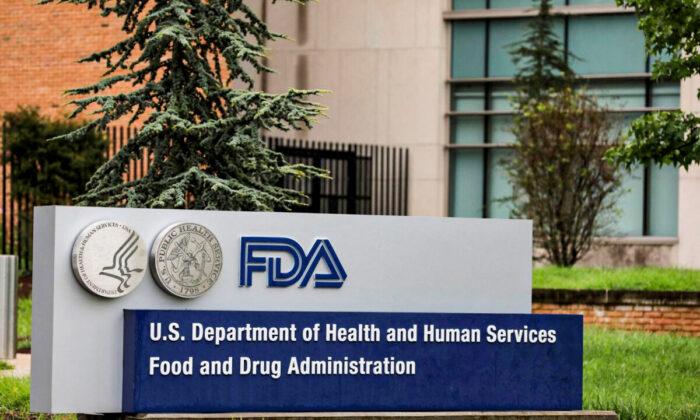
Friends Read Free